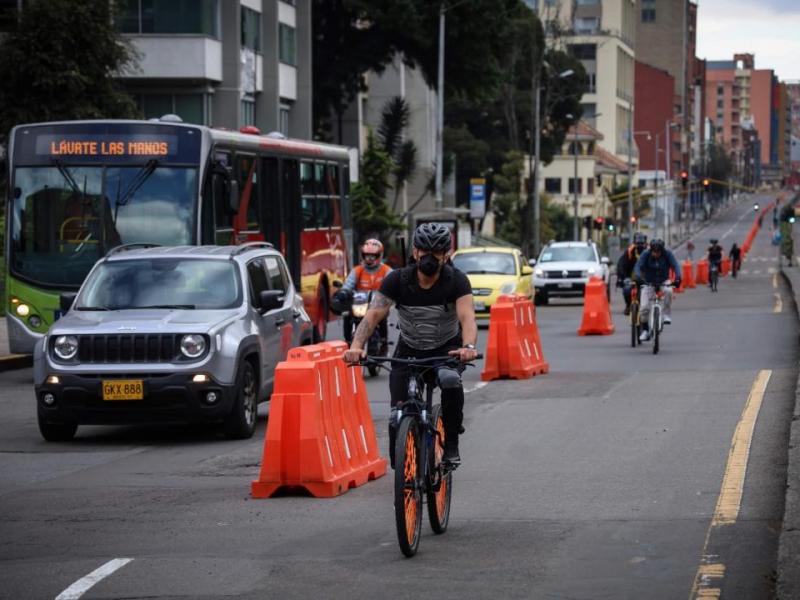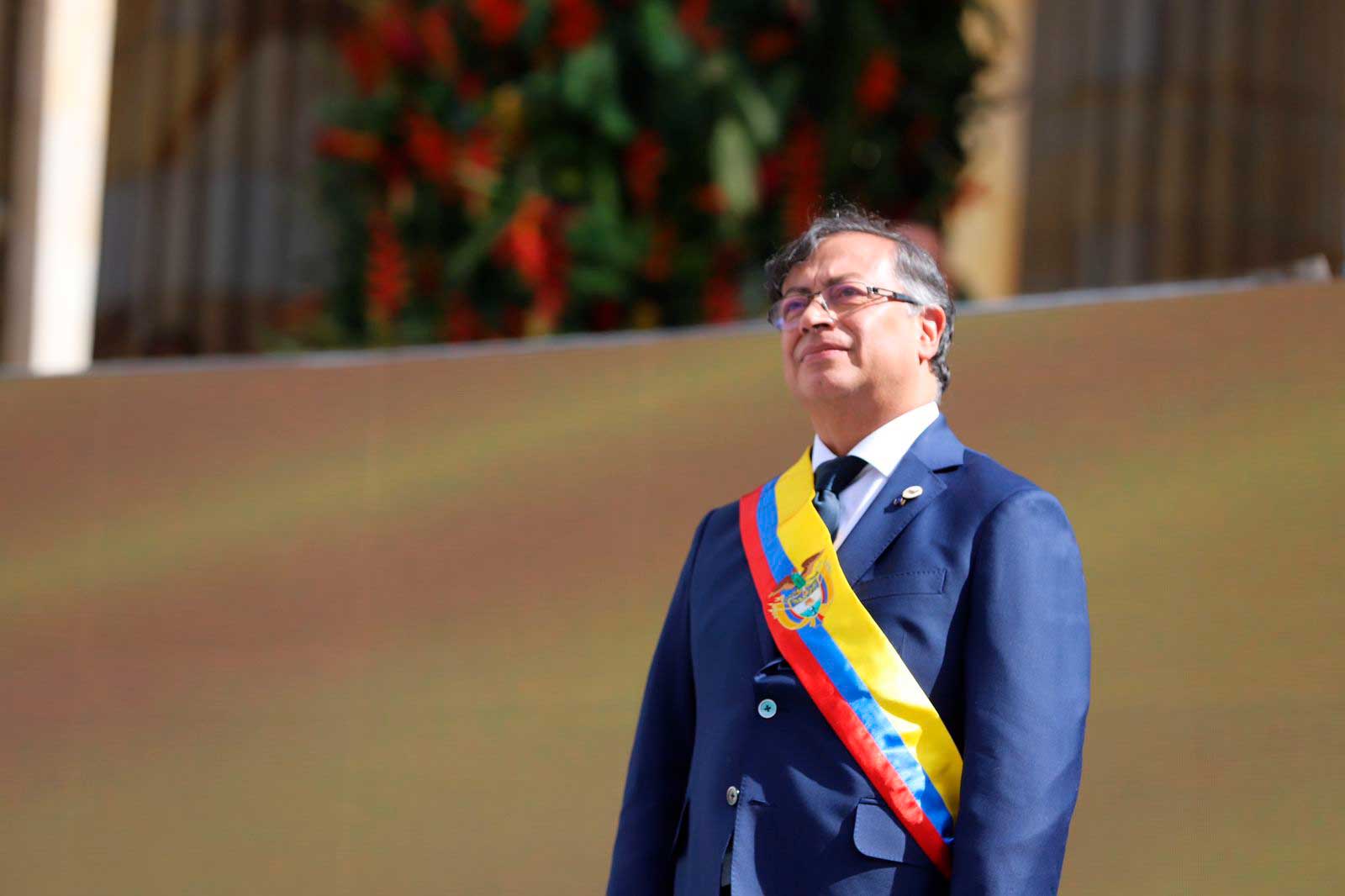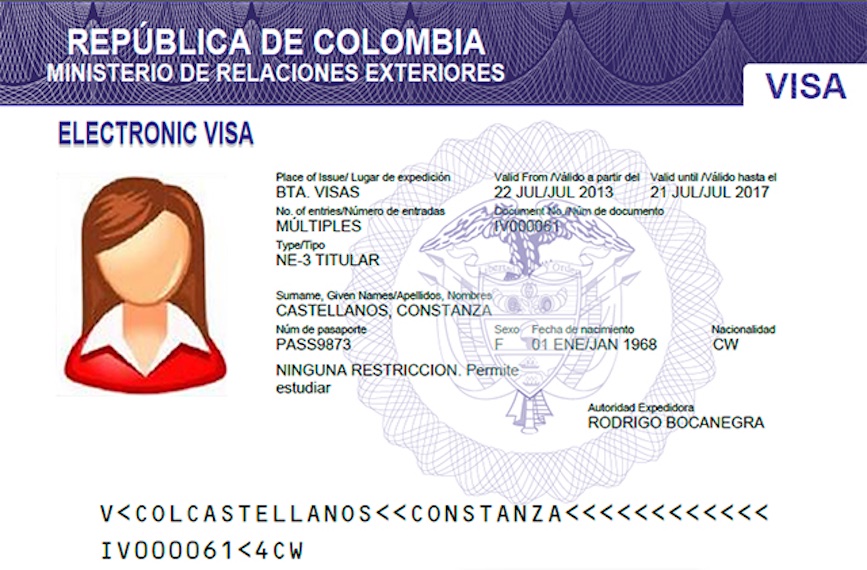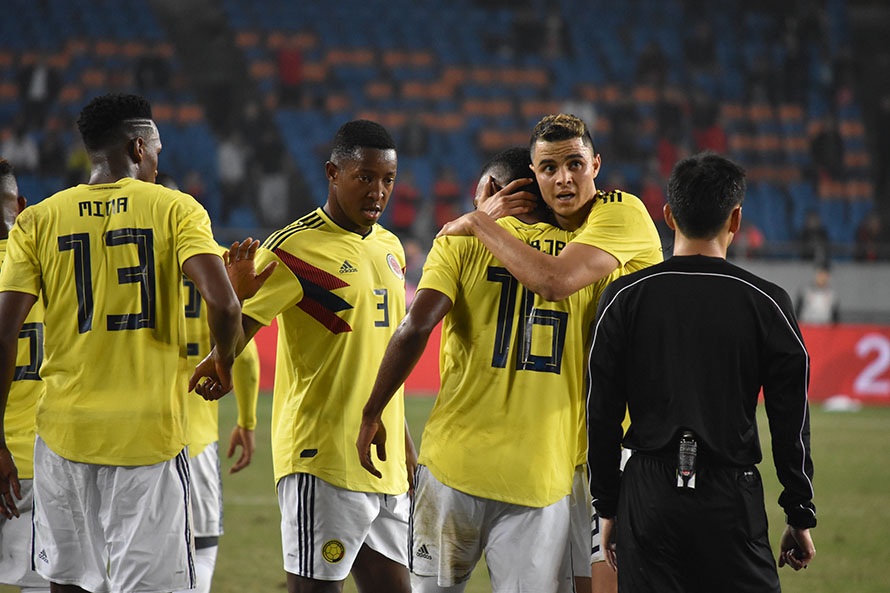This morning bogotanos were allowed to walk, jog, or run between 6am and 10am.

As European countries announce an easing of their lockdowns, so too was the quarantine in Bogotá more relaxed today than we’ve seen in recent weeks.
It is the first day that people have been allowed out to exercise. And, despite some initial confusion over the rules, many residents flexed their newfound freedom — and legs — on the streets this morning.
“It was great to be able to go outside for a run,” said one jogger near Galerias. He added, “Breathing through a face mask was not ideal though.”
Theoretically, today was also the day that those in the construction and manufacturing industries would join the ranks of exempted workers. But it looks like that’s going to take a bit longer to organise.
Are we allowed to exercise?
Yes. Bogotanos aged between 18 and 60 are allowed out between 6am and 10am every day to exercise for a maximum of one hour. The pico y género does not apply, so both sexes can go out as long as they wear masks and stay within 1km of their houses.
Pico y género does still apply to other activities, though. So for shopping, banking, and the like, it’s men on odd-numbered days and women on even-numbered ones. Trans and gender-nonconforming citizens can go out on the day that corresponds with their gender identity.
If you were hoping to nip down to the gym, that’s not going to happen any time soon. The IDRD, the city’s sports authority, said that physical activity can only take place in open spaces such as streets, parks, and trails. It also says that high-performance training is not permitted, only “light” activities such as walking, jogging and running.
According to an IDRD press release, “The aim is to avoid sedentary lifestyles and mental health problems that may occur during the compulsory quarantine.”
Obviously group training is a big no-no, and when you’re out you should keep a five-metre distance from other people if you’re walking and stay 10 metres away if you’re walking or cycling.
It’s not yet clear how carefully the rules will be implemented, but theoretically, anyone found more than 1km from their homes can be fined over COP$900,000.
Do we still have to wear masks?
Yes. Masks have become compulsory across the country over the last month. Since April 4, face masks have been obligatory on public transport and in areas with big groups of people such as supermarkets and banks. Basically, you now need to wear one whenever you go out of the house.
What about construction?
You might have been surprised that the sound of hammering has not yet drowned out the birdsong in the capital.
President Duque announced last week that construction and manufacturing workers would be able to return to work today (April 27). But companies first have to register with local authorities and put biosecurity protocols in place to protect their employees.
Each company needs to submit information such as the numbers of people who will be working, their shift pattern, and details of their commute. Online registration opened today in Bogotá and construction workers will be the first to be allowed back to work. Manufacturing companies may apply now but won’t be approved to start before May 11.
What about transport?
Getting all those workers to and from their jobs while also limiting the spread of contagion is one reason why they’re not back at work today. Those two industries account for about 577,000 people in the capital and mayor Claudia López wants to be sure they won’t all jump on public transport at once.
The TransMilenio and the Transmicable will operate regular hours with controls at the turnstiles to restrict the number of travellers. The national government has said that public transport needs to run at 35% capacity to avoid cramming people into enclosed spaces.
The TransMilenio will operate with 100% of its fleet on weekdays and are encouraging people to be sensible about not overcrowding individual vehicles. They’ve taped off alternate seats so that you can only sit one person per double.
The city also has also opened another 80 km of new temporary bike routes. Commuters who live within cycling distance may opt for this more socially-distant way to get about.
There are also new rules for courier services and delivery companies. All trucks, cars and motorcycles must register with Movilidad Bogotá and have the correct licence to be able to operate.
Getting home
Just as some of the tourists stranded in Colombia have been able to get home on recent humanitarian and embassy-organised flights, so too are Colombians managing to get back here.
According to the Ministry of Foreign Affairs, 150 Colombians returned from Mexico today, with more arriving from Brazil, Italy and other countries in recent weeks. A total of 1,355 people have flown in on 17 flights. There’s strict health checks at the airport and obviously the obligatory 14-day isolation rule is still in place for new arrivals.





